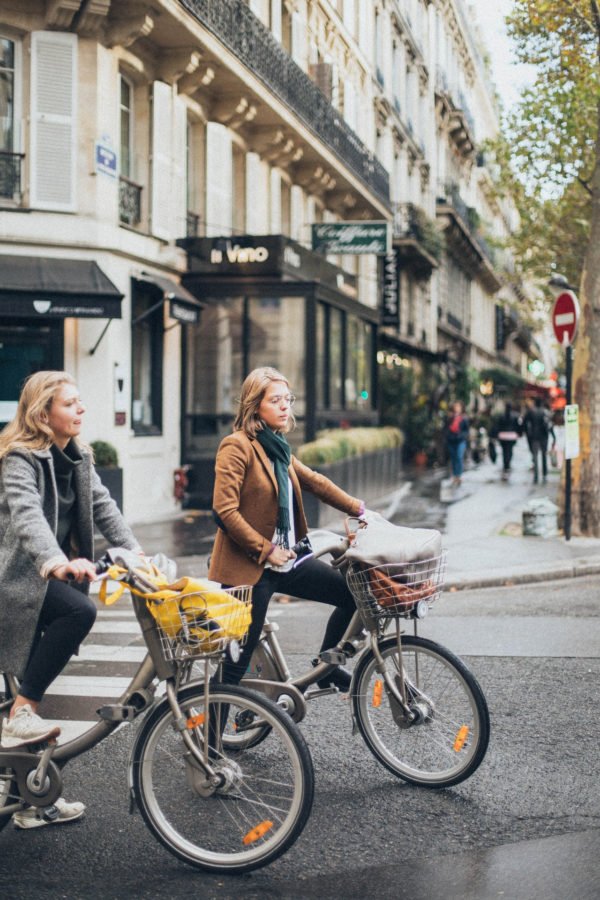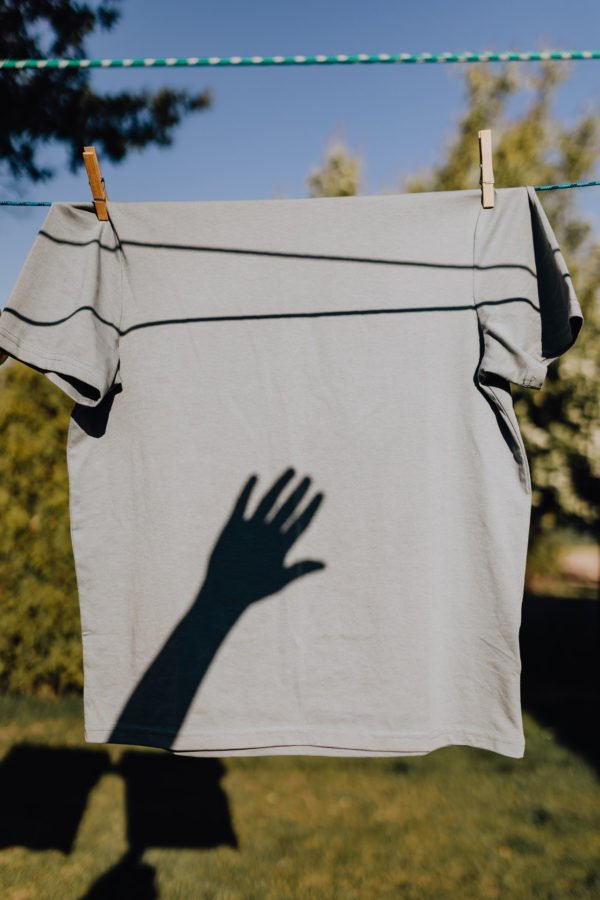
It’s not just environmental campaigners such as Greta Thunberg who can make a difference. The British public can all help lower carbon emissions by adopting some simple lifestyle changes.
As the people of the world come out of lockdown thoughts turn to preserving nature and maintaining the air quality we have become accustomed to during the last few months. Conversation across the UK is rightly turning to ways in which we can all try to better our environment and ensure we leave a better world for generations to come. If enough of us make a few minor changes to our daily lives and routines it could dramatically offset Britain’s carbon footprint and ultimately add to making a huge difference for our environment.
This prompted Utility Bidder to research the UK’s carbon emissions rates across the UK between 2005 and 2017, and the study found that carbon emissions were slashed by exactly one third.
All around the UK local authorities and business leaders are taking steps to reduce their carbon emissions and the study confirms that real progress is being made. And to help lower the UK’s carbon footprint, we should all be taking responsibility and making changes to our day-to-day lives to lessen the impact. Simply unplugging your devices when they’re not in use and taking shorter showers will add up to make a notable difference in the long run.
As well as reducing the UK’s carbon emissions, the following tips can also help lower Britain’s household costs by using less energy, less water, and less heat.

Drive less
This is all about reducing mileage, and cutting driving by a third a year can reduce Brits’ carbon footprint by around 15 per cent. Using public transport, cycling or walking instead of driving can have a significant impact on your CO2 emissions.
If you are looking for a new car, it might be worth considering a more efficient electric vehicle.
Dry clothes naturally
Tumble dryers are easy and quick to use, but consume large amounts of energy. By using clothes horses and hanging clothes up on a washing line, you will save just over 4kWh of energy and around 1.8kg CO2 per cycle.
Buy less fast fashion
It can take up to 20,000 litres of water to make just one new t-shirt and one new pair of jeans. That’s more water than the average person drinks in 12 years. Used clothes, on the other hand, reduce the environmental impact by limiting CO2 emissions and reducing the waste of billions of litres of water that would have been needed to generate new clothes.
Buying clothes from a second-hand shop is much better for the environment.
Take shorter showers
Showers use 2.5 gallons of water per minute, and each gallon uses three ounces of carbon dioxide. So, if you shorten showers by 2 minutes a day, they can save 342 pounds of carbon dioxide a year.
The more hot water used, the higher the energy and utility bills will be, so using less water can lower energy costs and help the bank balance.
Unplug devices
Sometimes known as vampire energy, electricity is still consumed by appliances and electronics even when they are switched off but still plugged in. It is best to leave electronics unplugged at all times if possible, but it can be hassle running around turning off microwaves, TVs, etc… so one solution might be to use power strips to group the vampire energy into one switch.
Use energy-saving bulbs
Each low energy light bulb in comparison to a traditional bulb can save 2000 times its weight in carbon dioxide emissions over 5-8 years. Whilst some can be expensive bulbs they last much longer and will ultimately end up saving money on energy bills, as well as helping reduce carbon emissions.
Wash clothes in colder water
Doing laundry on a cold-water setting can reduce a washing machine’s carbon emissions by a massive 75%! Using cold water is fine for most clothes and other items that go in the washing machine. It can remove many stains from clothing, including grass on children’s jeans or makeup smudges on a sweater.
For more information on the UK’s carbon emissions and to see an interactive graphic of the regional differences across the UK please click here.
